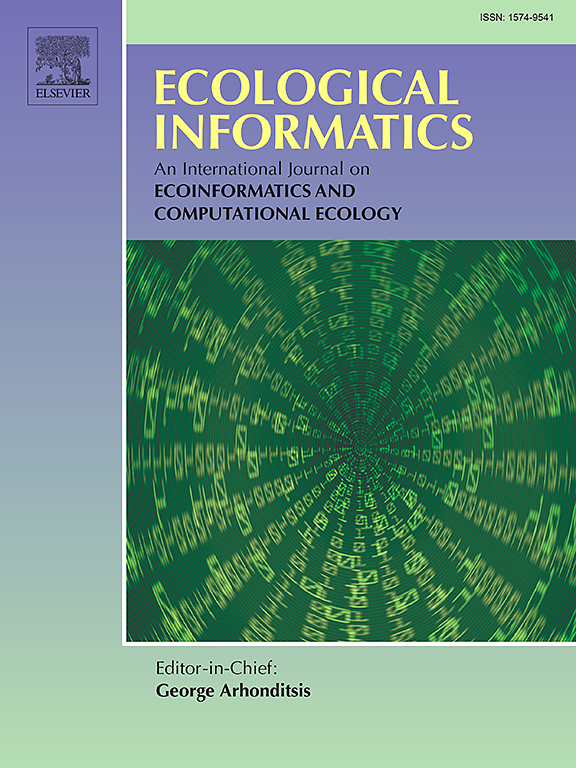Assessing vegetation phenology dynamics in West African rangelands: Implications for livestock sustainability and transhumance
IF 5.8
2区 环境科学与生态学
Q1 ECOLOGY
引用次数: 0
Abstract
West African rangelands are essential for millions of people; however, they are considerably understudied. A substantial gap exists in regional investigations of livestock mobility and sustainability. Climate change, agricultural frontier expansion, and increasing herds intensify pressure on grazing lands. In this study, we aimed to assess the phenological parameters, such as the start, end, and length of the growing season, over more than 2.9 million km2 in 13 countries using 250-m resolution normalized difference vegetation index (NDVI) data for the 2003–2023 period. The NDVI dynamics within the growing season were studied through seasonal trend decomposition based on loess, focusing on seasonality, trends, and volatility. The results showed that the length of the growing season was diminishing primarily because of the delayed start of the season. This trend was more significant in the most productive southern areas and could have strong implications for traditional transhumance routes and sustainable carrying capacity. These findings are consistent with the existing literature and suggest that northern areas are greening whereas southern areas are browning. Finally, volatility is significantly increasing in areas with historically lower variability. This study underscores the necessity for climate adaptation strategies to mitigate the negative impacts of climate change on West African rangelands and ensure the sustainability of livestock production.
评估西非牧场的植被物候动态:对牲畜可持续性和畜牧业的影响
西非牧场对数百万人至关重要,但对它们的研究却严重不足。对牲畜流动性和可持续性的区域调查存在巨大差距。气候变化、农业前沿扩张和畜群增加加剧了对牧场的压力。在这项研究中,我们利用 2003-2023 年期间 250 米分辨率归一化差异植被指数(NDVI)数据,评估了 13 个国家 290 多万平方公里的物候参数,如生长季节的开始、结束和长度。通过基于黄土的季节趋势分解,对生长季内的 NDVI 动态进行了研究,重点关注季节性、趋势和波动性。结果表明,生长季的长度正在缩短,主要原因是季节开始时间推迟。这一趋势在南部最富饶的地区更为明显,可能对传统的转场路线和可持续承载能力产生重大影响。这些发现与现有文献一致,表明北部地区正在变绿,而南部地区正在变褐。最后,在历史上变异性较低的地区,变异性正在显著增加。这项研究强调,有必要制定气候适应战略,以减轻气候变化对西非牧场的负面影响,确保畜牧业生产的可持续性。
本文章由计算机程序翻译,如有差异,请以英文原文为准。
求助全文
约1分钟内获得全文
求助全文
来源期刊

Ecological Informatics
环境科学-生态学
CiteScore
8.30
自引率
11.80%
发文量
346
审稿时长
46 days
期刊介绍:
The journal Ecological Informatics is devoted to the publication of high quality, peer-reviewed articles on all aspects of computational ecology, data science and biogeography. The scope of the journal takes into account the data-intensive nature of ecology, the growing capacity of information technology to access, harness and leverage complex data as well as the critical need for informing sustainable management in view of global environmental and climate change.
The nature of the journal is interdisciplinary at the crossover between ecology and informatics. It focuses on novel concepts and techniques for image- and genome-based monitoring and interpretation, sensor- and multimedia-based data acquisition, internet-based data archiving and sharing, data assimilation, modelling and prediction of ecological data.
 求助内容:
求助内容: 应助结果提醒方式:
应助结果提醒方式:


